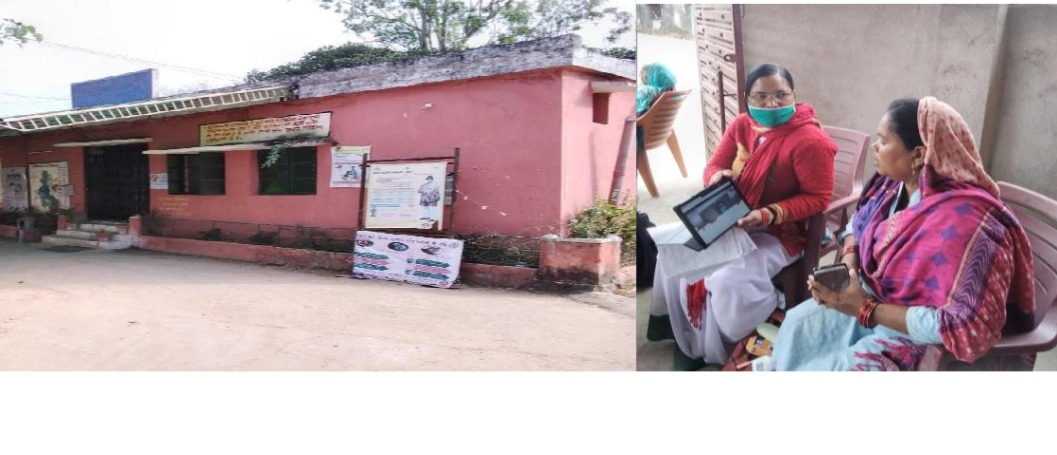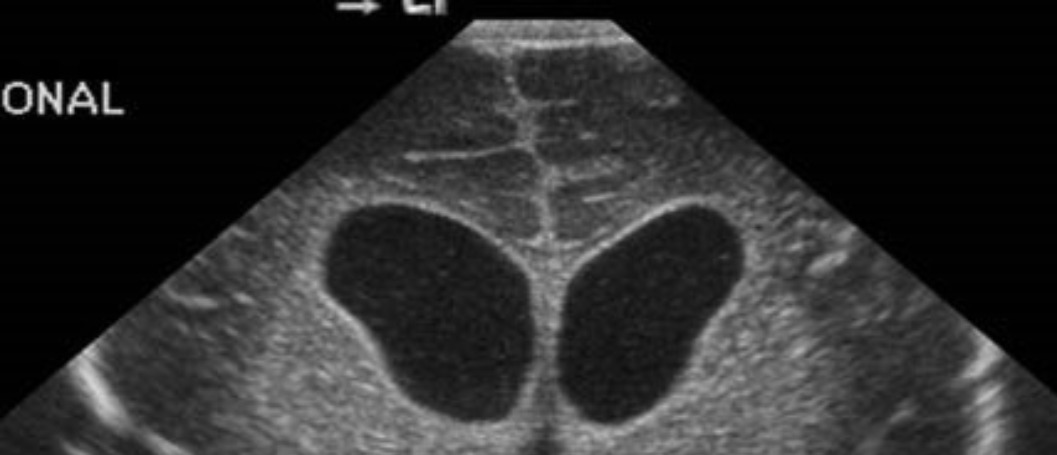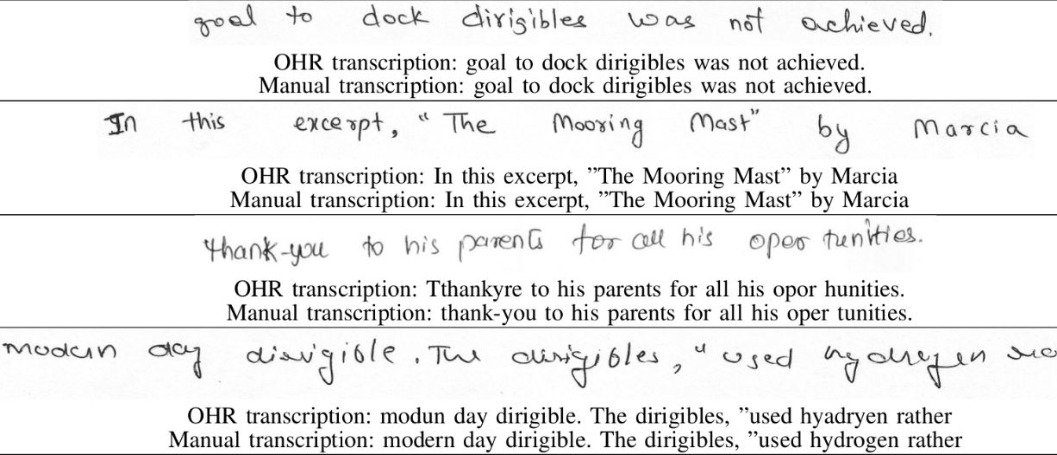Assisted Telemedicine for Rural Healthcare Ecosystem
This Project is to analyze and developing and doing pilot runs of an “Assisted Telemedicine†model towards designing a blue-print of a Telemedicine platform for catering to the rural healthcare needs during COVID-19.




With the outbreak of Covid-19 in India, seeing the significant benefits of the telemedicine model and the need for quickly increasing the outreach while ensuring social distancing, telemedicine usage in the country got a strong push as the Telemedicine Practice Guidelines were announced by the Medical Council of India in March 2020.But the Telemedicine model adoption has been limited to urban region and almost negligible in rural areas.
With the above perspective in mind to focus on the rural region, with a focus on Jharkhand, efforts were designed and put in by E-Health Research Centre (IIIT-B) along with PHIA Foundation towards exploring the feasibility usage of telemedicine for Jharkhand migrant workers from the rural parts of the states.
This project has been analyzed and developed and undergone pilot runs of an “Assisted Telemedicine” model towards designing a blue-print of a Telemedicine platform for catering to the rural healthcare needs during COVID-19. The model will be intended to provide tele-consultation services to the rural citizens with doctors in primary healthcare centres, while plugging in community workers and paramedics for assistance.
As a part of this project multiple field trials were conducted in the villages across multiple blocks, with the help of ASHA workers, Doctors and other field workers and team-members. The field trials were conducted to get a validation of the tele-consultation based approach for these villages, while also trying to understand the existing healthcare challenges and get inputs from the field work to develop an appropriate digital platform for tele-consultation.
Sometimes the patients are referred to other doctors or to hospitals in cities like Ranchi. The patient has to depend on many other factors like - availability of doctor, travelling cost, companion for visit the hospital, lack of information and experience etc. In such cases as well, the solution can be very helpful if the referred Government doctors can provide an initial online consultation and guide on next steps.
The tele-consultation based model can be very relevant for consultation of the aged people, those who are unable to travel due to health conditions, suffer from chronic illness like diabetes, high blood pressure and need routine checkup.
Principle Investigators